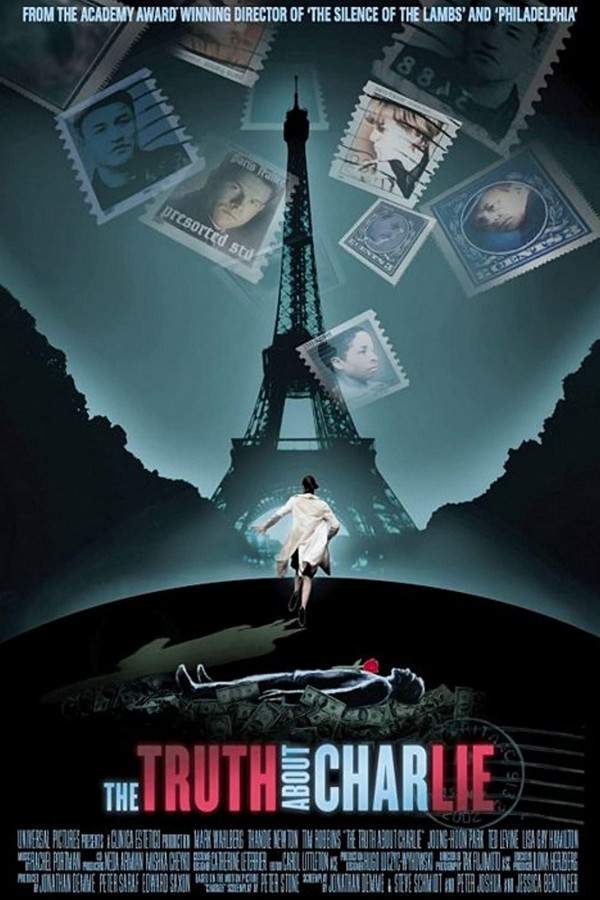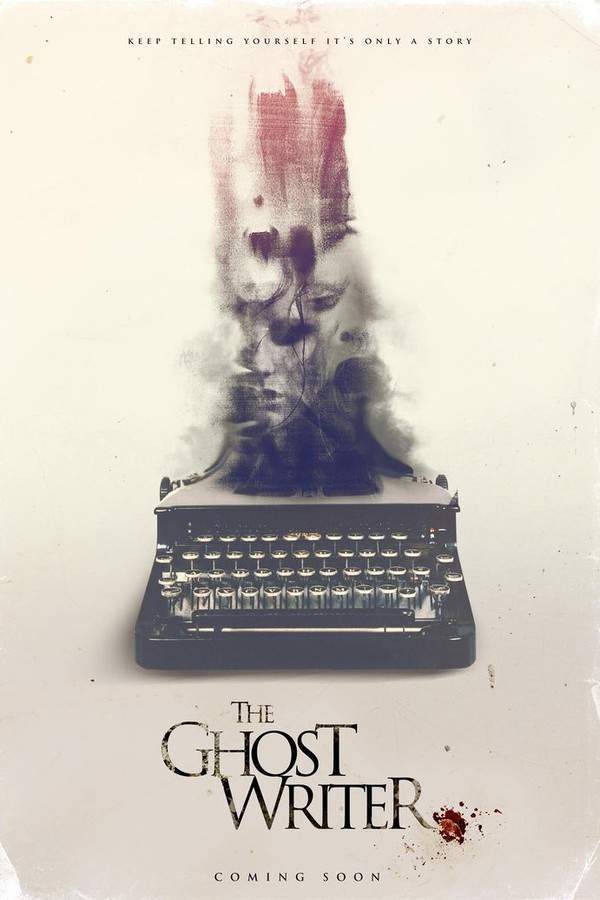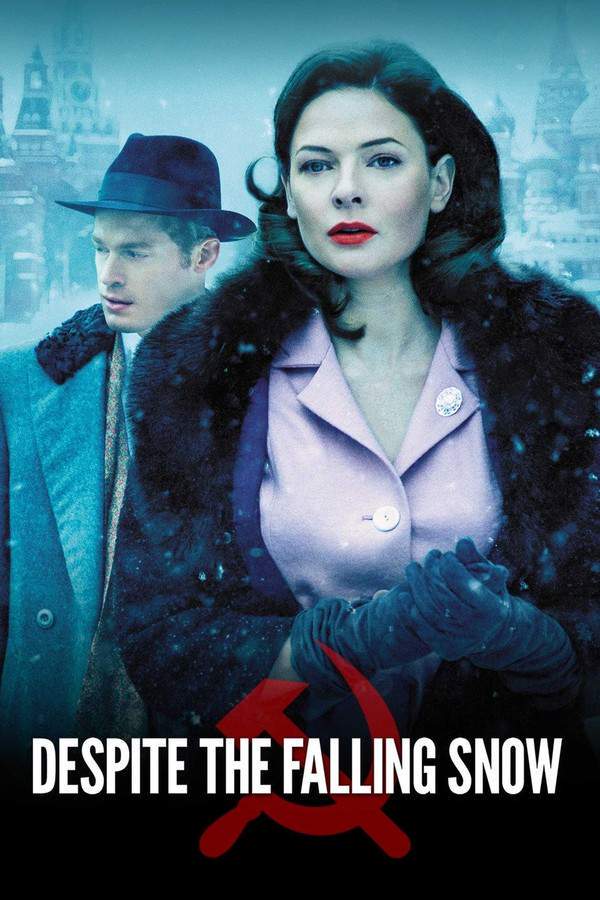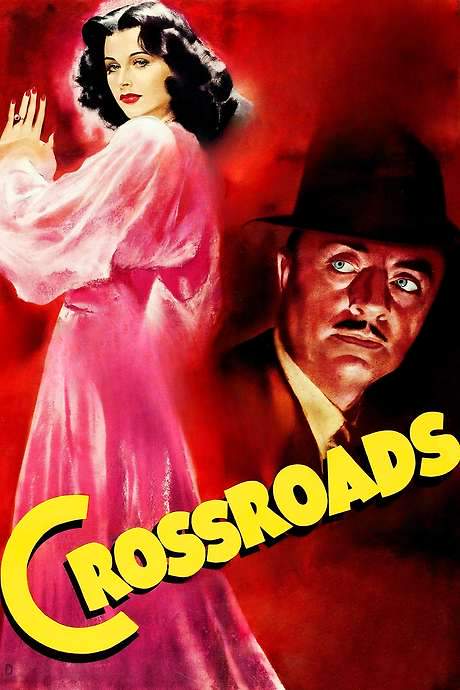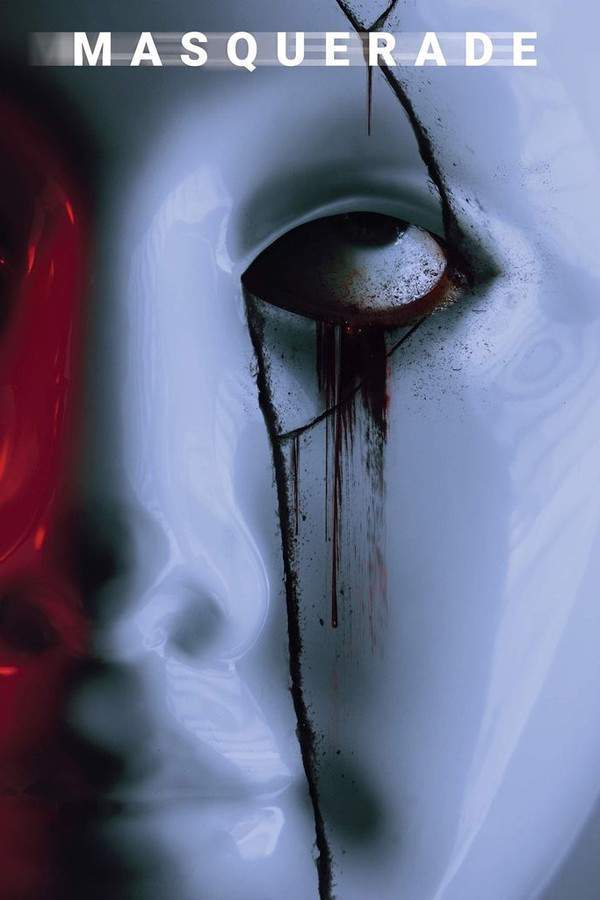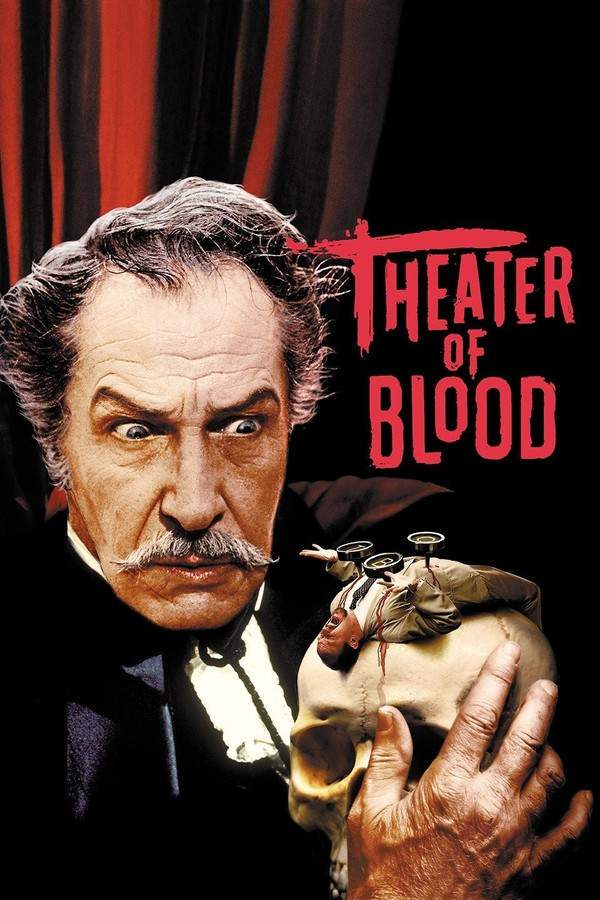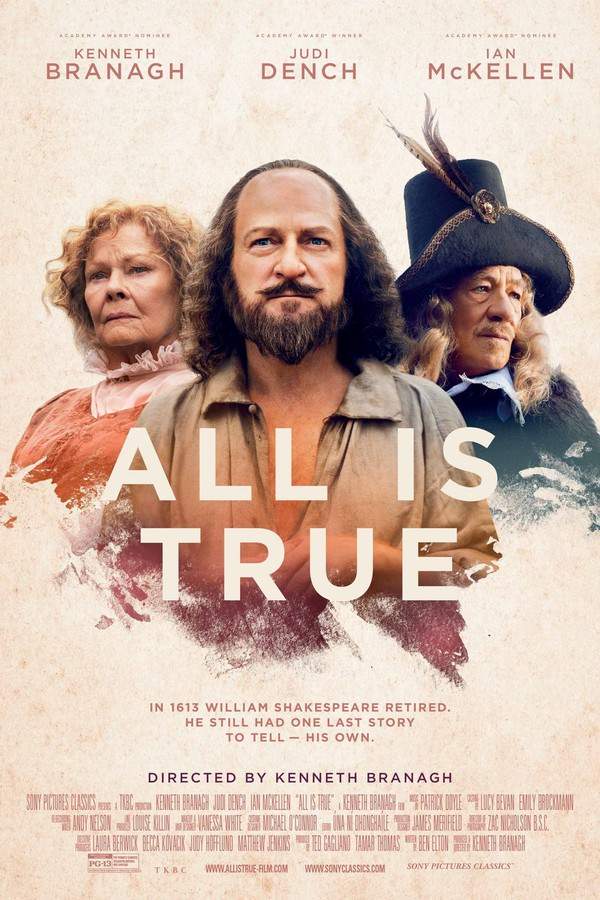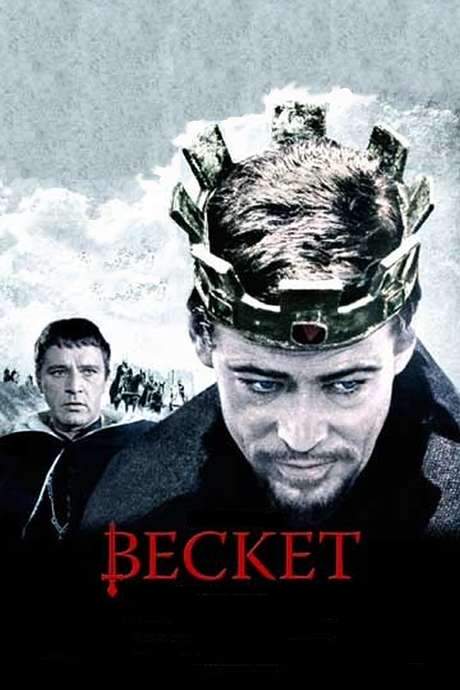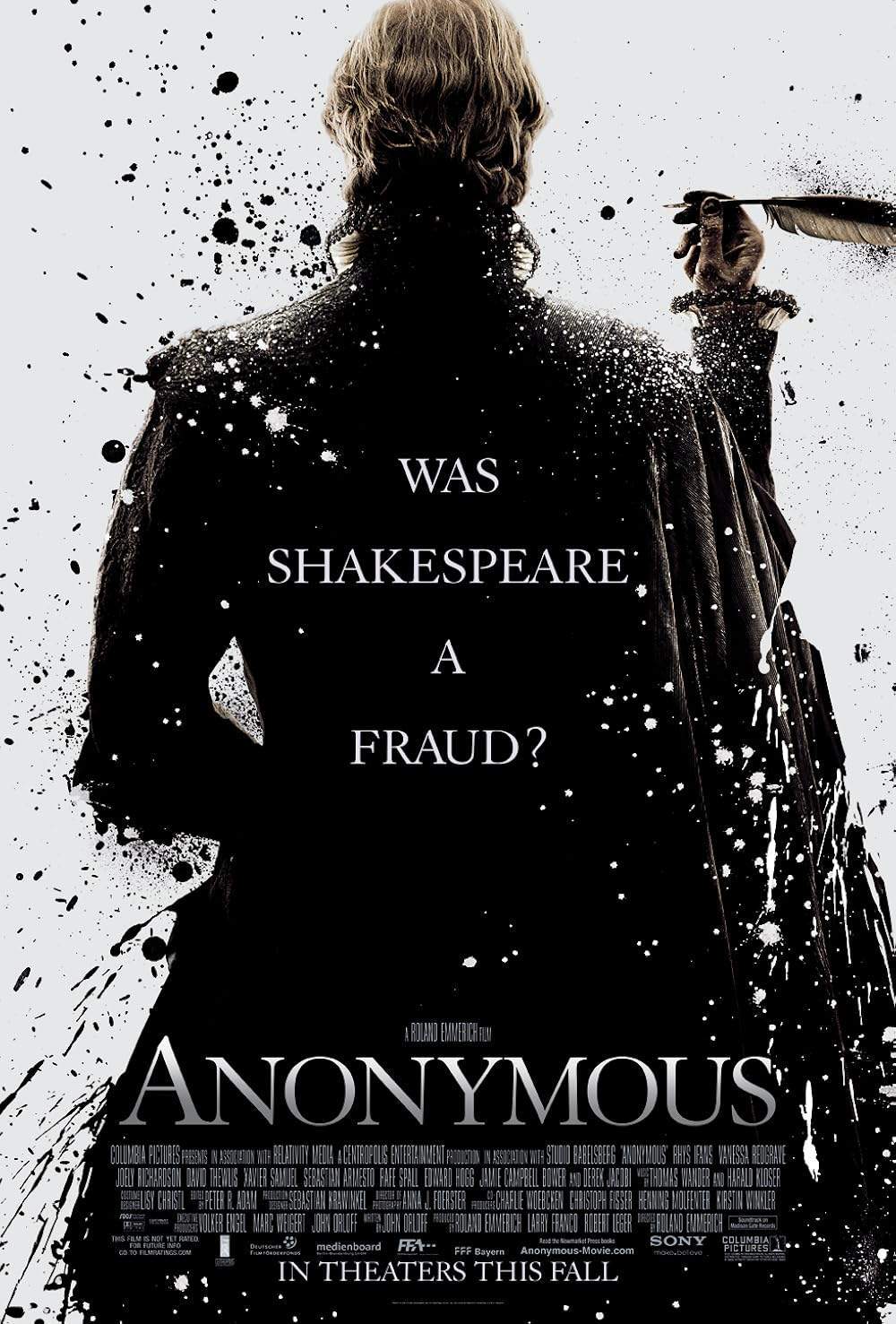
Anonymous
Year: 2011
Runtime: 130 min
Language: English
Director: Roland Emmerich
Budget: $30M
During the Elizabethan era, a captivating mystery surrounds the authorship of the works credited to William Shakespeare. Anonymous explores a provocative theory, suggesting that someone else was the true playwright. The film delves into the intricate web of politics, romance, and power struggles within the court and London’s vibrant theatrical scene, revealing a complex narrative filled with intrigue and deception.
Warning: spoilers below!
Haven’t seen Anonymous yet? This summary contains major spoilers. Bookmark the page, watch the movie, and come back for the full breakdown. If you're ready, scroll on and relive the story!
Anonymous (2011) – Full Plot Summary & Ending Explained
Read the complete plot breakdown of Anonymous (2011), including all key story events, major twists, and the ending explained in detail. Discover what really happened—and what it all means.
In modern-day New York, an intriguing performance unfolds as Derek Jacobi steps onto the stage, delivering a compelling monologue that raises an essential query: why is there a striking absence of manuscript writings from the legendary William Shakespeare, who stands as the most celebrated playwright in history? Just as this thought lingers in the air, Ben Jonson, played by David Thewlis, prepares to make his entrance, leading the narrator to take the audience on a captivating journey into the past – a tale woven with elements of quills, swords, power, and betrayal.
The narrative swiftly jumps to Elizabethan London, where Jonson is seen dashing through the streets, clutching a parcel, while being relentlessly pursued by soldiers. He finds refuge in the theatre known as The Rose, where he hastily conceals the manuscripts he carries just before the theatre is set ablaze. Consequently, Ben is detained at the Tower of London, facing the stern questioning of the puritanical Robert Cecil. In a twist of fate, the writings he was presumed to have are found to be missing.
The storylinethen takes us back five years to portray an adult Edward de Vere, who lives in disgrace, exiled from the royal court under the waning rule of Queen Elizabeth I. As the queen’s health deteriorates and her marital status remains unchanged, the absence of an heir becomes increasingly dire. The aging Lord William Cecil, her chief advisor, and his son Robert manage the kingdom’s affairs. A faction of discontented nobles, led by Robert Devereux, the 2nd Earl of Essex, agitate for a solution to the succession dilemma, harboring desires for Essex to ascend the throne upon Elizabeth’s passing.
William Cecil and his son plot to secure the crown for King James VI of Scotland, a notion that enrages numerous nobles who rally behind Essex’s claim. Amid these political tensions, Edward cautions his close friend, Henry Wriothesley, the 3rd Earl of Southampton, against impulsive decisions that could escalate into civil discord.
While attending a performance of a play by Ben Jonson, Edward observes the remarkable potential of theatre to influence the masses. This inspires him to utilize the art of drama as a means to counteract the Puritanical influence of the Cecils. Following the unlawful declaration of Ben’s play, where he is subsequently arrested, Edward orchestrates his release, persuading Jonson to stage a play he himself has penned while pretending to be the author. The resulting production, Henry V, captivates the audience, garnering acclaim and even earning respect from Ben, who previously dismissed Edward’s talents as mere whims of a bored nobleman. However, during the accolades, an unexpected figure, the actor William Shakespeare, famously known as a “drunken oaf,” steps forward to claim authorship.
The narrative further reveals a poignant memory triggered by a gift accepted by Queen Elizabeth, harking back to the time when a young Edward showcased his talent in his own play, A Midsummer Night’s Dream. Following the death of the elder Earl of Oxford, the teenage Edward becomes a ward of the court under William Cecil’s guardianship, facing grave challenges to pen his works discreetly. This turmoil escalates to the point where he is forced to confront a servant spying on him, resulting in the servant’s death. Though William Cecil conceals this incident, he coerces Edward into marrying his daughter, Anne. Distracted by his longing for the queen, Edward embarks on an affair with Elizabeth, leading to a momentous surprise when she reveals her pregnancy with his child. Guided by William Cecil, she ultimately decides against marrying Edward, opting instead to surrender the child to a noble family, severing any further ties.
Following the revelation of an extramarital affair, Edward is banished from the court but is burdened with the knowledge that his newborn child is none other than Henry Wriothesley. As the tale returns to its present timeline, the boundaries between truth and recognition blur, as Shakespeare’s claim of authorship complicates Edward’s secret contributions. Even though the Cecils despise the popularity of the plays, which reflect Edward’s genius, they refrain from banning them due to the potential uprising from the populace. Ben, still frustrated by his role as mere executor of Edward’s work, grapples with feelings of inadequacy as Shakespeare uses deceit to accumulate wealth and fortifies his dominance in the theatrical arena.
Amid rising tensions, Edward decides to write Richard III as a method to incite insurrection against Cecil while simultaneously hoping to reach Elizabeth by sending her Venus and Adonis. However, just as the plan gains momentum, Ben betrays Edward, infuriated by feelings of jealousy and inadequacy, revealing the details to Robert Cecil. The ensuing chaos leads to the crowd being halted at the Bridge, leading to the capture of Robert Devereux and Henry by soldiers.
As secrets unravel, Edward learns that he is, in fact, one of Elizabeth’s children, entwining him deeper into a legacy fraught with tumult. Horrified but resolute, Edward seeks an audience with Elizabeth, pleading for mercy on behalf of Henry, while ultimately agreeing to remain anonymous as the true creator of the works attributed to Shakespeare. Despite Elizabeth’s agreement to save Henry, Essex faces the gallows for his treasonous actions.
Upon Elizabeth’s passing, James I of Scotland ascends the throne, choosing to retain Robert Cecil as his advisor. As Edward’s life nears its conclusion, he entrusts a collection of his writings to Ben, urging him to safeguard them from royal scrutiny. This moment of vulnerability reveals layers of respect and understanding between the two, culminating in an emotional exchange where Edward discloses his aspirations for acknowledgment and the deep-seated desire for Ben’s approval.
After Edward’s death, the narrative winds down, revealing to the audience that the fate of Robert Cecil as the reigning advisor led to the intended erasure of Edward’s legacy, but his plays remain invincible. Miraculously, Ben discovers Edward’s manuscripts among the ashes of the destroyed theatre. In a poignant moment, James I expresses his affinity for the works of Shakespeare during a court performance, breathing life into the enduring legacy of Edward de Vere amid whispers of history that may never dissolve.
Returning to the present, the narrator unveils the fates of the characters, illustrating that although Robert Cecil remained the king’s trusted ally, he was unable to extinguish the flames of Edward’s prolific contributions to the world of theatre. Meanwhile, Shakespeare opted to retreat to his hometown, spending his remaining days far from the theatrical limelight. Ben, however, realized his dream of being appointed the first Poet Laureate, eventually penning the introduction to the body of work mistakenly credited to Shakespeare. Ultimately, the narrator proposes that the story does not conclude with the characters; rather, the true author of these wondrous creations, whether named Shakespeare or concealed beneath the shadows of history, transcends time, living on through the everlasting power of words that resonate with breath and life.
Last Updated: June 11, 2025 at 15:03
Explore Movie Threads
Discover curated groups of movies connected by mood, themes, and story style. Browse collections built around emotion, atmosphere, and narrative focus to easily find films that match what you feel like watching right now.
Secret Identity Dramas like Anonymous
A historical figure or creator's true identity remains a closely guarded secret.If you enjoyed the mystery of authorship in Anonymous, explore these movies where the true identity of a creator, leader, or historical figure is a dangerous secret. These films combine historical intrigue with personal sacrifice and the hidden forces that shape our world.
Narrative Summary
Stories in this thread often follow a non-linear or dual-timeline structure, juxtaposing the creation of a great work or the execution of a grand plan with the eventual historical record. The central conflict is between public knowledge and private truth, with characters risking everything to protect a secret legacy.
Why These Movies?
These films are grouped by their shared focus on a compelling 'what if' historical mystery, a melancholic tone of unrecognized genius, and a narrative that prioritizes revelation and intellectual stakes over physical action.
Political Court Intrigue Movies like Anonymous
Power struggles and dangerous secrets within the walls of a royal court.Fans of the power struggles in Elizabethan England from Anonymous will enjoy these films about political machinations within royal courts. Discover stories of betrayal, ambition, and the dangerous dance for power where one wrong move can mean ruin.
Narrative Summary
The narrative pattern involves a web of interconnected characters—nobles, advisors, and spies—all vying for control. The plot is driven by schemes, betrayals, and the exposure of secrets that threaten the established order. The journey is often morally complex, where protagonists must navigate a world of deceit to survive or achieve their goals.
Why These Movies?
Movies in this thread share a tense, dramatic tone, a setting defined by power and protocol, and a plot structure built on reveals and reversals of fortune, creating a consistently engaging and intellectually stimulating experience.
Unlock the Full Story of Anonymous
Don't stop at just watching — explore Anonymous in full detail. From the complete plot summary and scene-by-scene timeline to character breakdowns, thematic analysis, and a deep dive into the ending — every page helps you truly understand what Anonymous is all about. Plus, discover what's next after the movie.
Anonymous Timeline
Track the full timeline of Anonymous with every major event arranged chronologically. Perfect for decoding non-linear storytelling, flashbacks, or parallel narratives with a clear scene-by-scene breakdown.

Characters, Settings & Themes in Anonymous
Discover the characters, locations, and core themes that shape Anonymous. Get insights into symbolic elements, setting significance, and deeper narrative meaning — ideal for thematic analysis and movie breakdowns.

Anonymous Spoiler-Free Summary
Get a quick, spoiler-free overview of Anonymous that covers the main plot points and key details without revealing any major twists or spoilers. Perfect for those who want to know what to expect before diving in.

More About Anonymous
Visit What's After the Movie to explore more about Anonymous: box office results, cast and crew info, production details, post-credit scenes, and external links — all in one place for movie fans and researchers.

Similar Movies to Anonymous
Discover movies like Anonymous that share similar genres, themes, and storytelling elements. Whether you’re drawn to the atmosphere, character arcs, or plot structure, these curated recommendations will help you explore more films you’ll love.
Explore More About Movie Anonymous
Anonymous (2011) Scene-by-Scene Movie Timeline
Anonymous (2011) Movie Characters, Themes & Settings
Anonymous (2011) Spoiler-Free Summary & Key Flow
Movies Like Anonymous – Similar Titles You’ll Enjoy
Theater of Blood (1973) Plot Summary & Ending Explained
Richard III (1956) Ending Explained & Film Insights
Shakespeare in Love (1998) Complete Plot Breakdown
Elizabeth (1998) Spoiler-Packed Plot Recap
All Is True (2018) Film Overview & Timeline
Anonymous (2004) Film Overview & Timeline
Much Ado About Something (2002) Complete Plot Breakdown
Bill (2016) Film Overview & Timeline
Nothing Is Truer than Truth (2018) Ending Explained & Film Insights
In Search of Shakespeare (1000) Plot Summary & Ending Explained
The Actors (2003) Spoiler-Packed Plot Recap
A Waste of Shame: The Mystery of Shakespeare and His Sonnets (2005) Ending Explained & Film Insights
Becket (1964) Ending Explained & Film Insights
Looking for Richard (1996) Plot Summary & Ending Explained
The Private Lives of Elizabeth and Essex (1939) Plot Summary & Ending Explained

